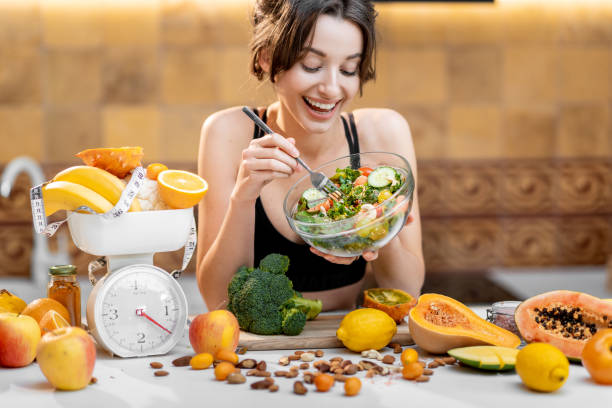
The Nutrition Source of Sugary Drinks
Sugary drinks (also described as sugar-sweetened beverages (also known as “soft” drinks) refer to any beverage that has sugar added or any sugar substitutes (high fructose corn syrup sucrose, concentrated fruit juices, as well as other). This includes pop, soda tonic, cola, lemonade, fruit punch (and others “ades”), sweetened powdered drinks, as in energy drinks and sports drinks.
As a group drinks, they constitute the primary source of added sugar and calories within the U.S. Diet. In other regions of the globe, and particularly developing countries, sugary beverage consumption is increasing dramatically because of the rapid urbanization process and marketing of beverages. [3]
What a sweet idea!
The sugar content is 4.2 grams of sugar contained in a single teaspoon. Imagine scooping up 7-10 teaspoons of sugar before dumping it into a 12-ounce glass of water. Does that sound a bit sweet? You may be shocked by the amount of added sugar in a typical bottle of soda. It’s a good method to understand the amount of sugar in your beverage. For you to get going, we’ve created an easy guide on the amount of Sugar and calories that are a major ingredient in popular drinks .Apart from drinks like soda, energy drinks contain as much sweetener as soft drinks. There’s also, enough caffeine to increase blood pressure, and other additives that have long-term health consequences are not known. This is why it is recommended to avoid energy drinks. The list includes beverages for athletes too. While they’re designed to provide athletes with electrolytes, carbohydrates, and fluids during intense training sessions lasting for an hour or longer, to all else, they’re just another source of sugar and calories.
drinks that naturally contain a lot of sugar, such as 100 percent juices of fruit, are also included. Although juices are often packed with healthy nutrients such as minerals, vitamins, and phytochemicals, they must be kept to a minimum since it is a source of the same amount of sugar (though are derived from naturally occurring sugars from fruit) and calories as soft drinks.
Sugary drinks and good for health
When it is the best beverage in terms of health, sugary drinks rank on the lowest of the list due to the fact that they contain a lot of calories but virtually no nutrients. People who consume sugary drinks don’t feel like they are as full as if consumed the same amount of calories from food items. The research suggests that they aren’t compensating for the calorific content high in these drinks by eating less food. A typical bottle of soda sweetened with sugar or fruit punch contains around 150 calories, the majority of which are from sugar added to it. If you drink only one of these sugary drinks each day and do not cut down on other calories, it is possible to put on five pounds or more in one year. Apart from weight gain, regularly drinking these drinks that are loaded with sugar can make you more susceptible to developing type 2 heart disease, diabetes, and a variety of other chronic diseases. Additionally, the consumption of more drinks that are sugary has been associated with a higher chance of dying prematurely.
Supersizing sugary drinks in the form of supersize along with the epidemic of obesity
There is ample scientific evidence to show that decreasing drinks that contain sugar will lower the incidence of obesity-related illnesses and obesity. The problem is that sugar-sweetened drinks are a common drink choice for millions all over the world and is a major factor in the epidemic of obesity.
Compounding the issue is the fact that sugary drink portions have increased significantly in the last 40 years, resulting in an increase in consumption among children and adults:
- Prior to the 1950s, the most common soft-drink bottles weighed 6.5 pounds. By the mid-1950s, soft drink makers began to introduce larger sizes, like the 12-ounce bottle, which was widely distributed in the year 1960. Then, at the beginning of 1990, 20-ounce plastic bottles were the normal. Today plastic bottles with a contour are also available in larger sizes, like 1-liter.

